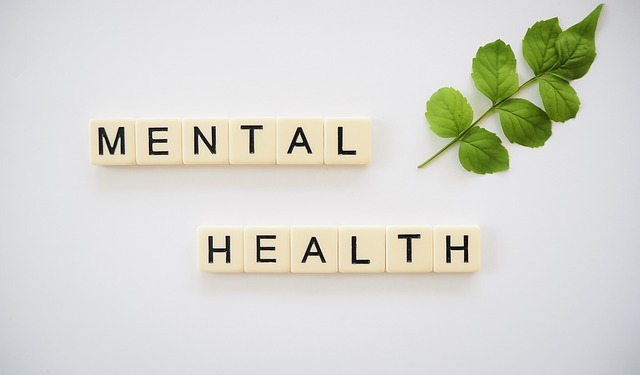
Every person who is recovering from addiction will experience uncomfortable urges and cravings for his/her drug of choice. This is normal recovery behavior. Fortunately, these cravings usually pass with time. When you are first starting rehabilitation, these things are normal, so expect them. We offer some helpful techniques for dealing with mental urges.
Number 1: Learn to Resist Cravings
For many individuals, carvings and urges to use or drink will trigger automatic responses. These are unconscious thoughts and feelings. Learn to say no to these ingrained, intense desires. With the SMART Recovery Program, there is an easy to remember acronym DEADS. Each letter stands for one technique. These include:
D: Delay – Because mental activities associated with urges and cravings disappear over time, delay these thoughts, and maintain your attention. With time, they will run their course and just go away. If you don’t feel they are gone in 15-30 minutes’ time, call someone in recovery or talk to a counselor. The best way to delay urges is to deny them and do something else.
E: Escape – Simply leave or go away from the urge or situation. Leave the bar, leave the market where wine is displayed, or turn off the television where you see something that triggers your urge to use again. Escaping the trigger gets your mind focused on something new. This, in turn, quickly lessens the urge to relapse.
A: Accept – You need to put your cravings and urges into perspective understanding they are normal with recovery, and will soon pass. When a recovering addict learns the process of addiction and accepts this discomfort, he/she can refrain from drug use. You understand that these feelings won’t kill you, and before you know it, they are gone.
D: Dispute – You now need to dispute these irrational mental urges. Keep telling yourself that you are in recovery and going to beat the addiction. Dispute these urges when they occur, and this will help them pass by more quickly.
S: Substitute – When you get a mental urge to use, substitute an activity or thought that is more fun or beneficial. This includes walking, hiking, and swimming, going to a movie, or taking a scenic drive. The possibilities for substitutions are endless, and these things lessen cravings. Before you know it, you won’t crave drugs at all.
Number 2: Keep a Record of your Cravings and Urges
Many recovering addicts find it beneficial to write down the circumstances that led to urges and cravings. Techniques for Dealing with Mental Urges: Make a note of what you were doing when the urges hit, and what you were feeling and thinking. By documenting these things, you may see a pattern emerge. This way, in the future, you will know how to avoid this.
Recording your cravings and urges may help you recognize the origins of your addiction, which is one of the first steps to identifying coping mechanisms. When an urge to drink alcohol or use drugs strikes, note the intensity of the urges and which coping behaviors helped you get over it. Before you know it, you will not only be able to bypass these cravings but will understand how to avoid them.
Number 3: Make a Guideline to Use
Techniques for Dealing with Mental Urges: In a small notebook, use the following format to make a guideline for documenting your cravings and urges.
- Date and time – While tedious and time-consuming, this will help you record any patterns that emerge.
- Situation – Includes environment and situation. This way you have your feelings and thoughts associated with the actual situation.
- Craving intensity – On a 1-10 scale, document how strong the cravings and urges were.
- Coping behaviors – Note which strategies you used to help cope with the mental urges. If the strategy helps, note effectiveness.
Number 4: Try Urge Surfing
Techniques for Dealing with Mental Urges: Urge surfing is a technique many people in recovery use to cope with their mental urges. This involves gritting the teeth and letting the cravings pass. Some urges are overwhelmingly strong, particularly when you first go into your old using situation or environment. This technique is called urge surfing because the urges feel like ocean waves you must surf through.
Like ocean waves, urges start small and then get larger, gathering momentum until they break or crash on the shore. With urge surfing, you simply tough it out and allow the cravings to pass by. The basis of this technique is similar to many martial arts techniques. You first overpower an opponent by going with the force of an attack. Then, you redirect your energy to your advantage.
Contact Pacific Bay Recovery To Learn Techniques for Dealing with Mental Urges
If you or someone you love is struggling with an addiction and and need support, Pacific Bay Recovery is ready to help. Our team of professionals will provide a personalized treatment plans, these include effective techniques for dealing with mental urgers, to help assist you through your recovery. Don’t wait! reach out to learn more about all of our programs we offer and how we can support your healing.
Call us at (877) 393-2340 to speak with an admissions specialist.
4o mini

